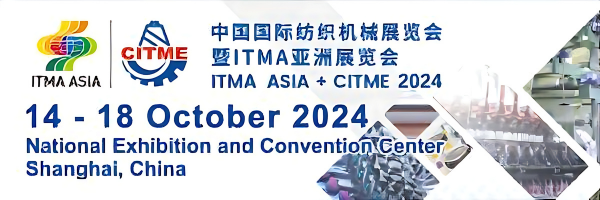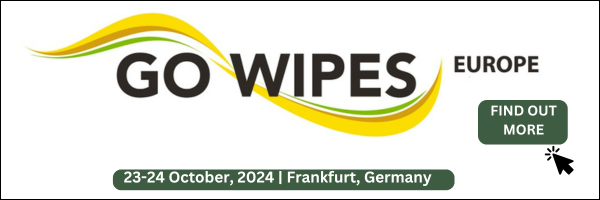Thanks to support from the Danish Environmental Protection Agency, MASCOT and seven heavyweights in the Danish textiles and recycling industry have joined forces with the Danish Technological Institute to achieve an ambitious goal: To ensure that in future, clothing waste is processed to such a high quality that it can be used directly in the manufacture of new clothes.
Quality boost
The green transition of the clothing industry requires new approaches to clothing design and to the processes that will transform clothing waste into usable fibres for new textile products.
That is why MASCOT has joined forces with other operators in the clothing sector along with operators in materials and recycling as part of the Circular Textile Industry project, supported by the Danish Environmental Agency’s Development and Demonstration Programme (MUDP). The goals are to boost the quality of recycled textile materials to such a level that they can be used directly within the existing value chain. This will allow worn, discarded clothes to become new garments.
“The challenge with textiles is the same as with plastic. Just like plastics, textiles are designed to withstand washing and wear. But in order to recycle them, we need to be able to separate the materials and remove colours and impregnating agents without damaging the materials themselves,” says Project Manager Julie Brender Trads from the Danish Technological Institute.
Great excitement in the textiles industry
In collaboration with the participating clothing producers – Five Units, Sustainawear, Hummel and Knowledge Cotton Apparel – the project will involve the production of design guides to ensure that in future we use materials of high quality and greater recycling potential.
“We are now really on the verge of producing clothing in a much more resource-responsible way, but what this project shows is that we cannot achieve success on our own. So many processes are interconnected, and resolving this challenge will require the involvement of all processes, from the design phase to the final recycling process. This is not something we can do alone. The textile industry needs to come together. So it is both necessary, important and exciting to be part of a larger partnership that will allow us to move forward on the green agenda,” says CSR Manager Kristina Vigen from Mascot International A/S.
Source: www.mascotworkwear.com





















